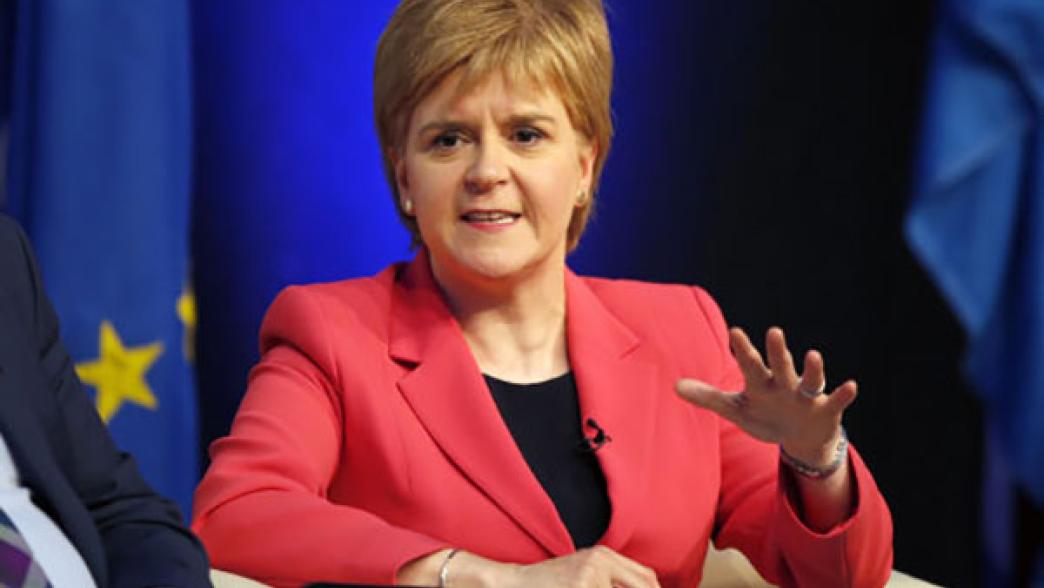Sturgeon sets Scotland on collision course with May’s Government
First Minister Nicola Sturgeon’s speech emphasised both her continued opposition to Brexit, especially a withdrawal from the Single Market, and also h

Today in Glasgow at the SNP autumn conference, Nicola Sturgeon addressed her party faithful for the first time since the UK voted to leave the European Union. Akash Paun argues that the speech sets the UK and Scottish governments on a collision course.